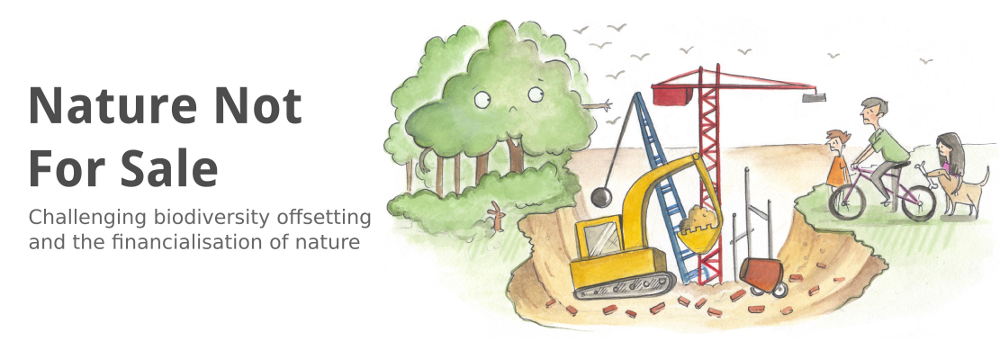As UN climate negotiations rumbled on in Warsaw, big business came together with conservation groups in Edinburgh last week at the inaugural World Forum on Natural Capital to put a price on nature.
The idea goes back to the Rio+20 conference in 2012, when a group of investorsdrafted the natural capital declaration. It argues that if we price everything nature gives us (wildlife, plants, forests, waterways, pollination, you name it), companies would think twice before destroying them.
Like advocates of the market for more than 200 years, the drafter of the declaration cannot abide the idea of “the commons” – commonly held resources whose reproduction and use is not subject to the laws of finance. The English enclosures, starting around the 15th century, and the Scottish clearances, from the 18th century, turned most common land in our country into private property, generating the profits that fed the Industrial Revolution.
In its quest for new markets today, finance is again intent on privatising the “global commons”. The first step, as is clearly expressed in the natural capital declaration, is to start thinking of the environment as if it were capital, and to price it accordingly.
Surely few of the conservation groups gathered in Edinburgh last week would welcome the wholesale selling-off of nature. But either through desperation at the scale of the environmental crisis, or in ignorance of the political implications of the project, many are going along with this first step of putting a price on nature.
As one delegate told me: “We’re just trying to value nature better.” Ironically, it took an investment professional to point out the dangers that seemed to have escaped so many NGOs. “Be very careful,” he warned. “Once you put a price on nature in order to protect something, you will find someone will pay that price in order to destroy it.”
Even for market specialists, pricing nature is no easy task, as a representative of a French investment bank told the Edinburgh forum when explaining the problems of trying to compare different species. Butterflies seemed to cause him particular difficulty, as it’s tough to track how many of them are flying around.
But the benefits of doing so became clearer when a former head of Puma told us: “Yes I fly a lot, but by the end of my life I hope I will have had a ‘positive net impact’ on the planet.” The logic runs, it doesn’t matter how much tramadol cost damage you do, as long as you make up for it by investing in some good deeds elsewhere.
For a frequent flyer, you can buy an offset that funds forest plantation. A market in nature would allow a mining company to keep destroying the environment in Bolivia as long as it supports a green and pleasant land somewhere in South Africa.
Leaving aside the difficulty of creating species to replace the ones you’ve wiped out, this also means imposing property rights on land being used by the people in that paradise, who you might have to turf off their land. But that is also beneficial to investors, because you’ve just expanded the potential commodity markets. What’s more, you have bought an indulgence and your sin is wiped out – so you no longer need to focus on reducing your environmental destruction.
To grasp the absurdity of the argument, consider setting up a financial market in human rights crimes. Presumably, if I want to torture or murder one group of people in one place, I could do this as long as I invest in protecting – or simply not harming – a group of people somewhere else. Maybe I could buy a credit from Amnesty International.
This is great news for the likes of Rio Tinto, whose representatives treated us to a presentation about a beautiful project it is working on in Australia. We didn’t see, and no one thought to ask, about the destructive mining it was also engaged in, which this project supposedly makes acceptable. It’s not relevant. What’s important is Rio Tinto’s “positive net impact” on the world.
This is about much more than greenwash. Because the “good” activities have a mirror in the “bad” activities in the market, the more good stuff you do, the more bad stuff you can also do. More butterflies in Italy means you can mine more in Bolivia. Meanwhile, financiers will make a killing betting on whether a butterfly species will die out, allowing you to hedge your risks.
Many people asked me: “So what’s your alternative then?” I recommend removing finance from the world, rather than promoting it. Five years after financial markets and their “innovative” products sent the global economy into a tailspin, few people outside the political establishment would put them in charge of our environment.
A packed counter-forum in Edinburgh, organised by the World Development Movement and other campaign groups, attracted several participants from the official event. This forum heard that people on every continent are reclaiming the commons from finance – re-municipalising water, supporting the food sovereignty movement, setting up local, renewable energy schemes. Anyone claiming to want a better world should be betting on them, rather than on the market.
